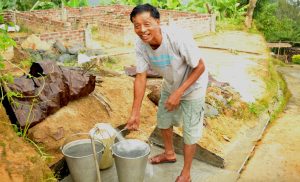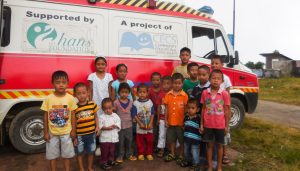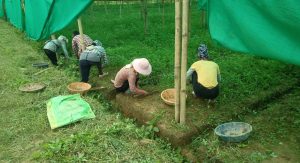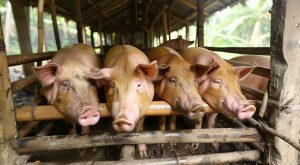The eradication of child labor is a critical step toward ensuring every child’s right to education, dignity, and a safe childhood. CECS, in partnership with the Ministry of Labour and Employment and State Governments, successfully implemented the National Child Labour Project (NCLP), creating life-changing opportunities for children rescued from exploitative labor.
The NCLP initiative aimed to rescue children from hazardous labor, rehabilitate them, and integrate them into formal education systems. Through the project, CECS operated 24 centers dedicated to providing rescued children with education, nutrition, and holistic care.
Between the project’s inception and its completion in 2020, 6,108 children enrolled in NCLP centers.1, 432 children successfully mainstreamed into formal schools, giving them a renewed chance at life.
The NCLP centers were considered as centers of rehabilitation and growth, where children were nurtured and empowered through a range of focused interventions on foundational education, life skills training midday meals and healthcare.
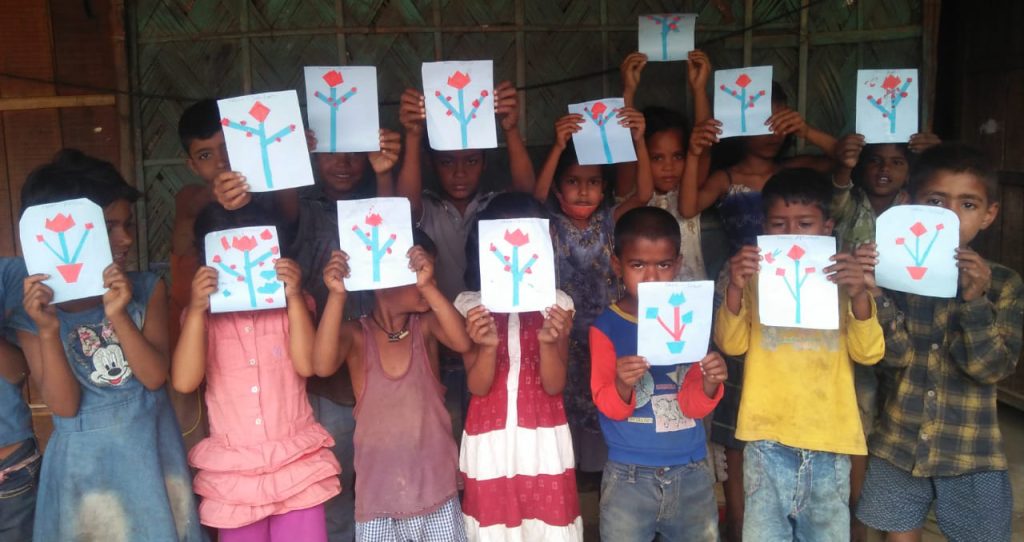
The NCLP project, completed in 2020, left a legacy of transformation to thousands of children who were once trapped in various manual labour were rescued, rehabilitated and empowered to dream of brighter futures. By mainstreaming children into formal education, the project broke cycles of poverty and exploitation, giving families and communities new hope.
As a key implementing partner, CECS is proud of the strides made through the NCLP. While the project has concluded, its impact continues to resonate, inspiring further efforts to create a society free of child labor—where every child has the opportunity to thrive.


